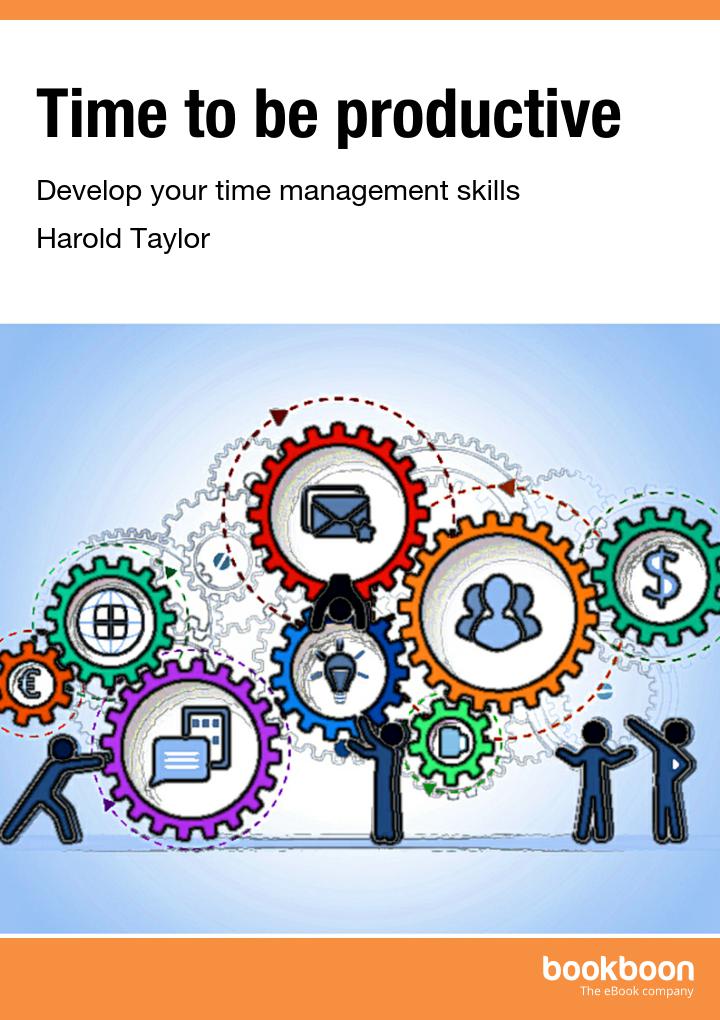Do you know how speed can affect your health, efficiency and family time?

Nowadays, we are working faster, driving faster, communicating faster, eating faster – in short, living faster. The time savings gained by technology have been offset by increases in complexity, choices, interruptions, expectations, stress, delays and errors. Our bodies are not designed to operate at warp speed and we are faced with a variety of ailments to the point that “getting well” has become another time consumer.
Life in general is being lived at a much faster pace than 50 years ago – or even 20 years ago. We have a love affair with speed. And it borders on the ridiculous. From fast food and instant downloads to one-minute bedtime stories and drive-through funerals, businesses are competing for our discretionary time.
The average business lunch is down to 36 minutes or less. One article claims the average worker eats lunch in 24 minutes. The expression “lunch hour” is a misnomer. Everyone seems intent on packing more and more into every hour, some even gobbling down fast food as they check their email. In the following article written by time expert Harold Taylor you can get an idea of how speed affects the way we work and live. If you would like to find out how you can use your time more effective you should read these free time management books.
The hazards of speed
In order to get everything done, we are sacrificing sleep and discretionary time. The average American now gets 90 minutes less sleep a night than she did a century ago. Drowsiness causes more car accidents than alcohol. In my lifetime, the average amount of sleep we get has decreased from just over 8 hours per night to 6.7 hours. Getting less than 6 hours of sleep a night can impair motor coordination, speech, reflexes and judgment.
How speed affects our health
Because we don’t make time to eat properly, exercise properly or sleep sufficiently, we are becoming obese. It is an epidemic in the U.S. Up to a third of Americans are clinically obese. It’s interesting to note that children in schools within walking distance of fast food restaurants tend to be obese. About 20% of Canadians are obese. The situation seems to be better if we have to walk farther to get to our fast food restaurants.
If we are walking faster, talking faster, driving faster, working faster, sleeping less, and using technology, why isn’t productivity going through the roof and what happened to all that extra leisure time?
We don’t accomplish more by doing it at a higher speed
I feel we are accomplishing little more than we have always accomplished. We’re just doing it at a higher speed. The time saved is being filled by interruptions and low priority activities. Dave Crenshaw. In his book, The Myth of Multitasking says that studies show on average, each person loses 28% of the workday due to interruptions and inefficiency. I have seen similar statistics, such as 2.1 hours per day lost in interruptions.
Technology has helped convince us that multitasking saves time when the opposite is true. Studies show that when we switch back and forth from one task to the next, our brains’ neural circuits take a small break in between – a time consuming activity that could reduce our efficiency by 50%.
No more “me time”
In this fast-paced environment, many traditional strategies are losing their impact or simply no longer work. Quiet hours, as we know them, are a thing of the past. “To Do” lists are losing their effectiveness. Focus is becoming weak or non-existent. Multitasking has become counterproductive.
In some cases, even goal-setting has become ineffective. Eating on the run has become the norm. Sleep, in many cases is seen as an annoying necessity. We are spending more time on getting well than on staying healthy. The division between work and personal life has become blurred. Discretionary time is disappearing. ADD, stress, inefficiency, and lack of balance are all commonly associated with our changing environment.
The disadvantages of technology
There are advantages offered by technology but there are also disadvantages. Technology is eliminating the division between work and home. With PDAs and cell phones we can be contacted at any time. Our To Do list travels with us wherever we go. So we have to be self-disciplined enough to ignore email and turn off our cell phone.
It is just as important to schedule time with family, time alone and leisure time as it is to schedule business meetings, appointments and other business activities. We should be continually asking ourselves if the total time we are spending with our family and loved ones is in line with how much we value them.
Schedule your work around your life; don’t schedule your life around your work. Otherwise work may spread throughout our entire day and crowd out our personal activities, putting our lives out of balance. Most people don’t need help knowing their priorities; they need help living their priorities.




